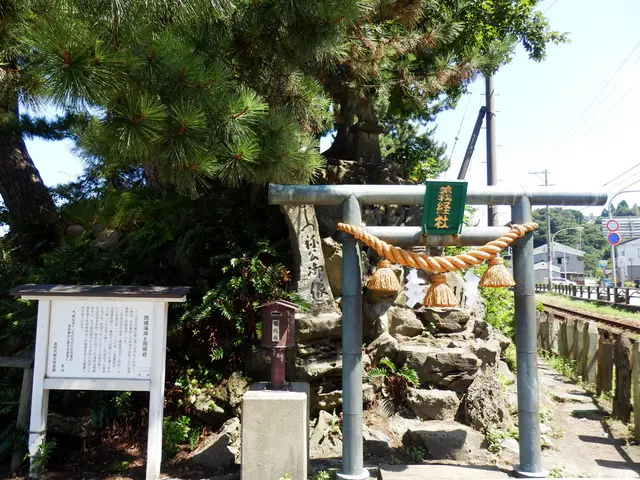Evergrande, the symbol of China's property sector complications, faces delisting due to accumulated debt troubles.
China Evergrande, the world's most heavily indebted real estate developer, is in the process of liquidation, marking a significant event in the ongoing crisis within China's property market.
The court handed down a liquidation order for China Evergrande in January 2024, following the company's failure to provide a viable restructuring plan for its debts, which amount to over $300 billion owed to banks and bondholders. Trading of China Evergrande's shares has been halted since the ruling.
The liquidators have assumed control of over 100 companies within the Evergrande Group and entities under their direct management control, with collective assets valued at $3.5 billion as of January 29, 2024. However, an estimate of the amounts that may ultimately be realized from these entities isn't available yet.
The liquidation of Evergrande has precipitated a chain reaction, impacting numerous other developers who also face solvency issues. This has led to halted construction projects, unpaid workers and suppliers, and financial losses for investors and homeowners.
The crackdown on excessive borrowing in the property industry, initiated by Chinese regulators in 2020, tipped the industry into crisis. Evergrande is among numerous developers that defaulted on debts as a result.
The sector’s troubles impact the wider economy significantly because real estate is a major repository of wealth (up to 70% of Chinese wealth) and a key driver of local government revenues through land sales, which have also shrunk markedly due to reduced developer activity.
As of mid-2025, the Chinese real estate sector remains under significant stress with ongoing deterioration despite some tentative signs of stabilization. The sector’s troubles are not just limited to Evergrande, with other developers continuing to struggle financially amid weak market demand and ongoing regulatory pressure.
Broader market indicators point to continued decline: property investment fell 12% year-on-year in the first seven months of 2025, with new home sales and prices dropping, though the rate of decline in sales may be moderating somewhat. Despite some government efforts and policy tweaks aimed at stabilizing prices and supporting the sector, challenges remain acute.
In a separate development, Hui Ka Yan, the founder of Evergrande, was detained in China in September 2023 on suspicion of committing crimes. In 2024, the China Securities Regulatory Commission issued a fine of 4.2 billion yuan against Evergrande's subsidiary, Hengda Real Estate Group Company, over violations including falsifying financial records. Hui was fined 47 million yuan and barred from China's securities markets for life.
Chinese authorities banned the accounting firm PwC for six months and fined the company more than 400 million yuan over its involvement in the audit of Evergrande. These actions underscore the broader regulatory scrutiny and accountability measures being implemented in the Chinese real estate sector.
Sources: [1] Bloomberg, "China Evergrande's Liquidation: What It Means for the Real Estate Market," 2024. [2] Reuters, "China's Property Market Continues to Struggle in 2025," 2025. [3] Financial Times, "China's Real Estate Sector Faces Ongoing Challenges," 2025. [4] South China Morning Post, "Government Efforts Aimed at Stabilizing China's Real Estate Market," 2025. [5] Nikkei Asia, "China's Real Estate Sector Remains Under Significant Stress," 2025.
The liquidation of Evergrande has resulted in a significant impact on the finance and business sectors, as the collective assets of over 100 companies within the Evergrande Group are being managed by liquidators.
The ongoing crisis within China's property market, marked by Evergrande's liquidation, has led to financial penalties and investigations, such as the fine imposed on Evergrande's subsidiary, Hengda Real Estate Group Company, by the China Securities Regulatory Commission.




